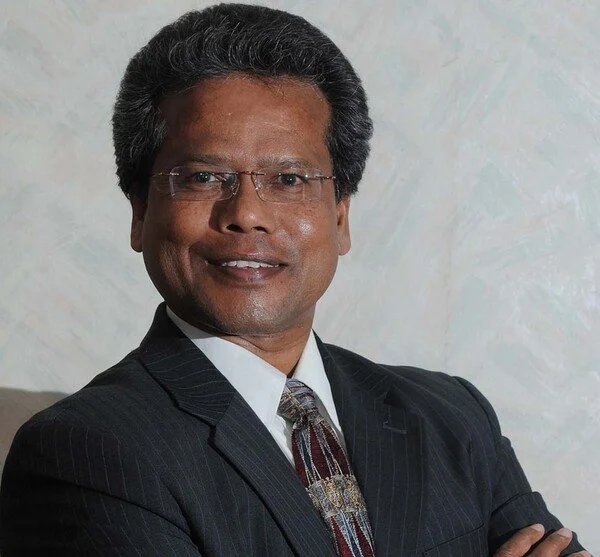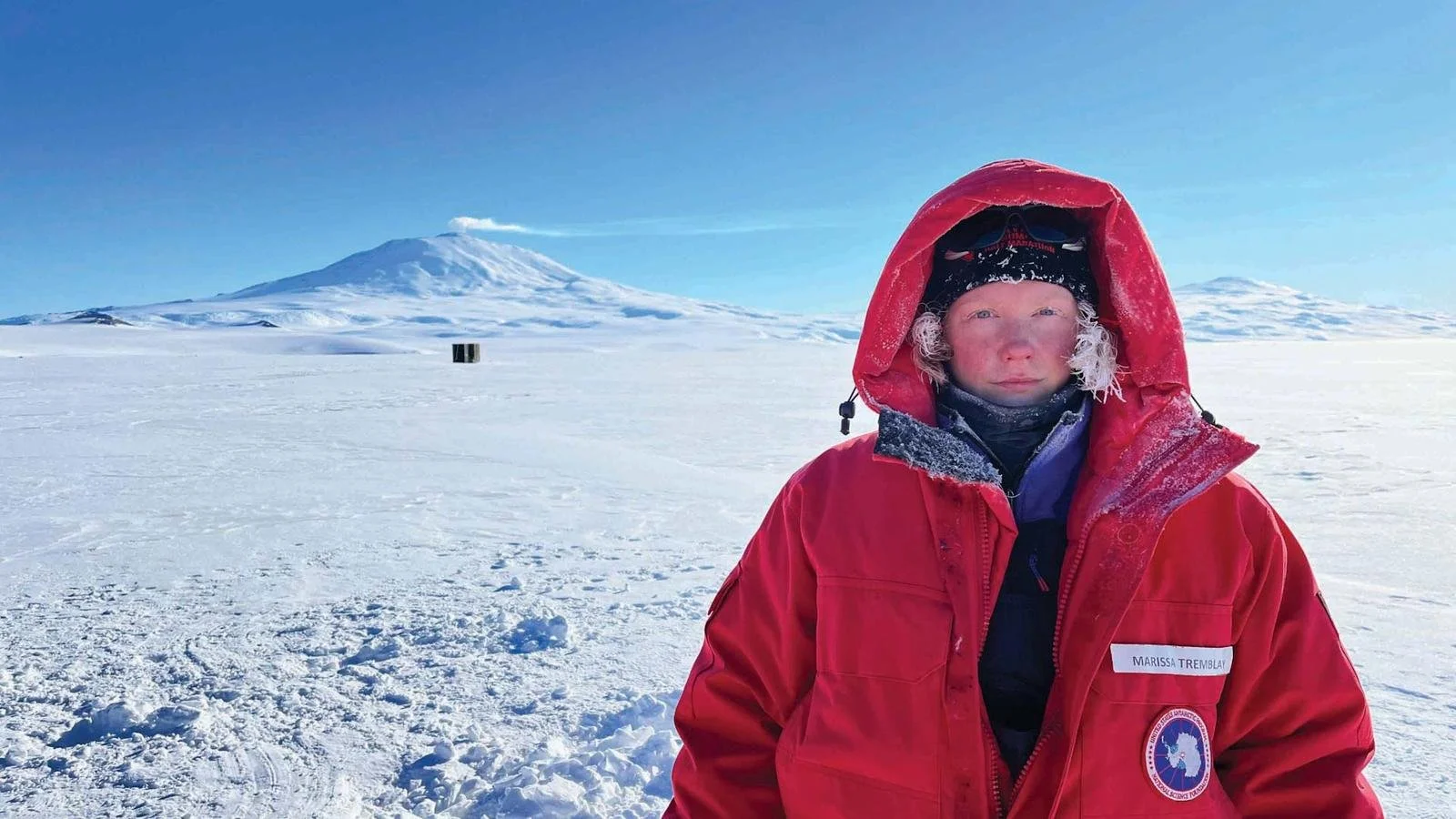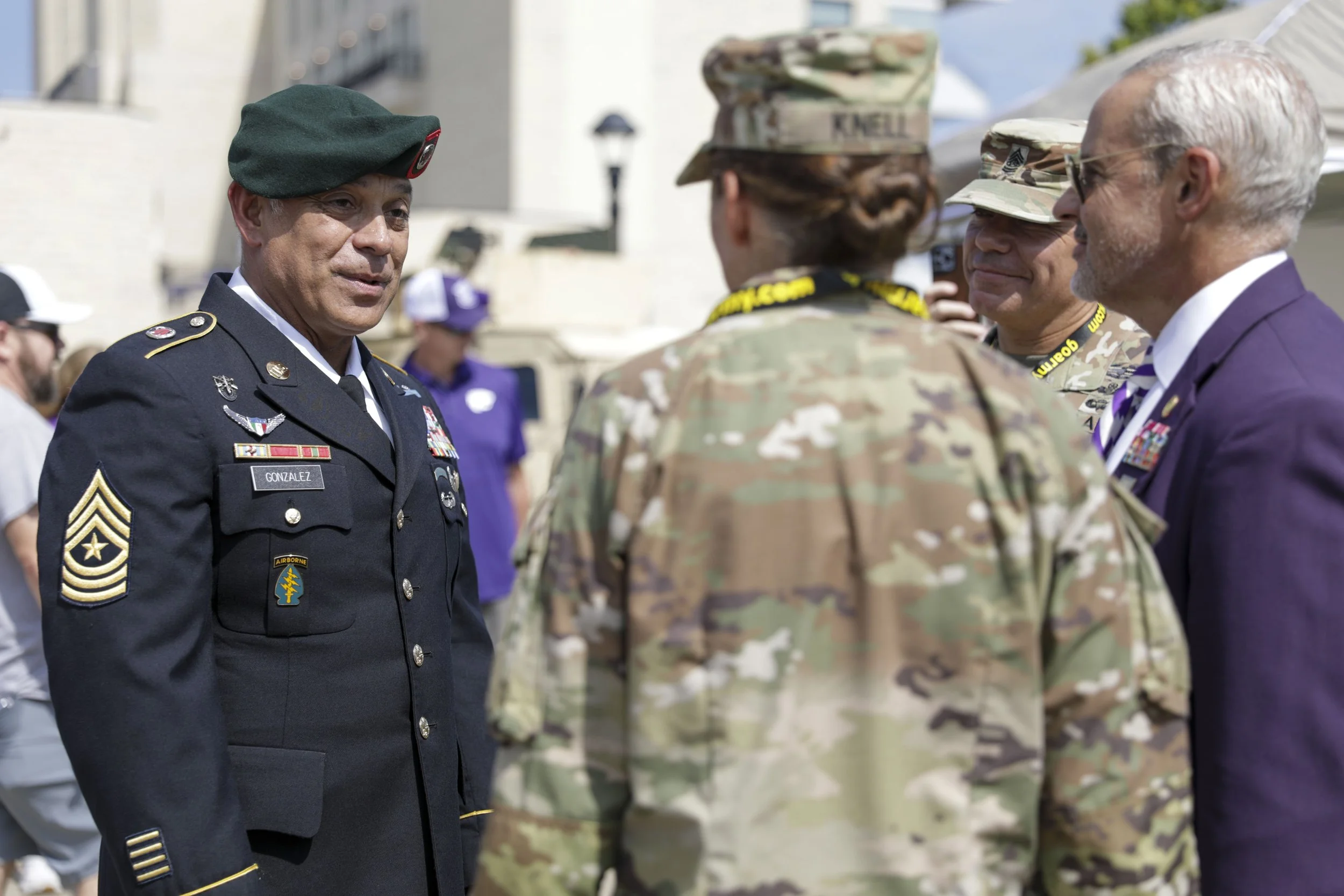Longtime diplomat and educator Patrick Mendis retains strong ties to Minnesota.
With humility and gratitude, Patrick Mendis (M.A. ’86, Ph.D. ’89) has embraced adventure, defied a prophecy, and charted his own course through life.
Mendis says a horoscope reading when he was an infant said he wouldn’t live past his first birthday. His mother, a Sinhalese Buddhist traditionalist, heeded the scholarly monk’s warning to raise her son outside the home, sending him to live with his Catholic paternal grandparents in rural Sri Lanka when he was 7 months old. His grandparents told him he was adopted, and that they found him under a banyan tree.
Patrick Mendis
Mendis grew up in a remote village surrounded by coconut and mango trees, tending to water buffalo, pigs, chickens, a goat, and a milking cow. He trekked to the nearby rice fields with his grandfather, who managed the irrigation system, and befriended people who lived in the Muslim colony. He swam in the canals and attended Buddhist school during the week, then studied with a Catholic priest on weekends.
Though he recalls his idyllic childhood as a kind of paradise, Mendis dreamed of a bigger life.
Mendis would eventually go on to serve as a diplomat under four U.S. presidential administrations. His career and philanthropic endeavors recently earned him recognition as the recipient of the U.S. Lifetime Achievement Award by the Sri Lanka Foundation, based in Los Angeles.
When Mendis was around 7, two young Americans had come to his village and stayed in his home for about a week. One was a Peace Corps volunteer from New Hampshire and the other a 4-H student from Iowa. It was the first time Mendis had ever seen a white person.
“They were young, exuberant people,” Mendis says. “I taught them how to run the water buffaloes even though I did not speak English. They were so excited to have this experience. They had never seen these creatures before. I thought, ‘I want to be like them. Someday, I want to go to America.’”
The opportunity came a decade later, when Mendis was one of 10 students selected from 100,000 applicants for the American Field Service (AFS) Exchange Scholarship. (It was then he learned the couple he’d been raised to believe were his “aunt and uncle” were his biological parents, as they had to sign the paperwork.)
The program sent Mendis to Perham, Minnesota, population 3,000. He was the first foreign exchange student the town had ever seen. While he only knew a few words in English, he bonded with his host family and became a standout on the track team.
“[My mentor] told me that if you want to be an American,you need to be like the bald eagle. You have to have both wings, the left wing and the right wing, in order to fly high.””
Following high school graduation, he returned to Sri Lanka and had just completed his undergraduate degree when civil war broke out in 1983.
“The people of Perham raised money to bring me back to Minnesota,” Mendis says.
Wanting to study political science in graduate school, Mendis was advised to work for Jim Evans, the district’s state representative. Evans introduced Mendis to Edward Burdick, the longest serving chief clerk in the nation (at the Minnesota House of Representatives) and a national authority on legislative processes. Burdick would become a close friend and mentor.
“Ed Burdick told me that if you want to be an American, you need to be like the bald eagle,” Mendis says. “You have to have both wings, the left wing and the right wing, in order to fly high.”
That spirit of nonpartisanship shaped Mendis’s career. He worked in federal government under Presidents Clinton, George W. Bush, Obama, and Trump. He’s now a visiting distinguished professor teaching at both National Chengchi University in Taiwan and the University of Warsaw in Poland. He’s established scholarships in Sri Lanka and the Edward A. Burdick Legislative Award at the Humphrey School to recognize an outstanding student who exemplifies bipartisanship.
Though he’s lived and traveled in more than 100 countries, Mendis says his roots are in Minnesota.
“Everything I have achieved is a testament to the generosity of the American people,” he says. “That’s exactly what the people in Perham did when they funded my return to the United States. They are ordinary people who, collectively, can do great things.”
This story appeared in the Spring 2023 issue of Minnesota Alumni magazine.










